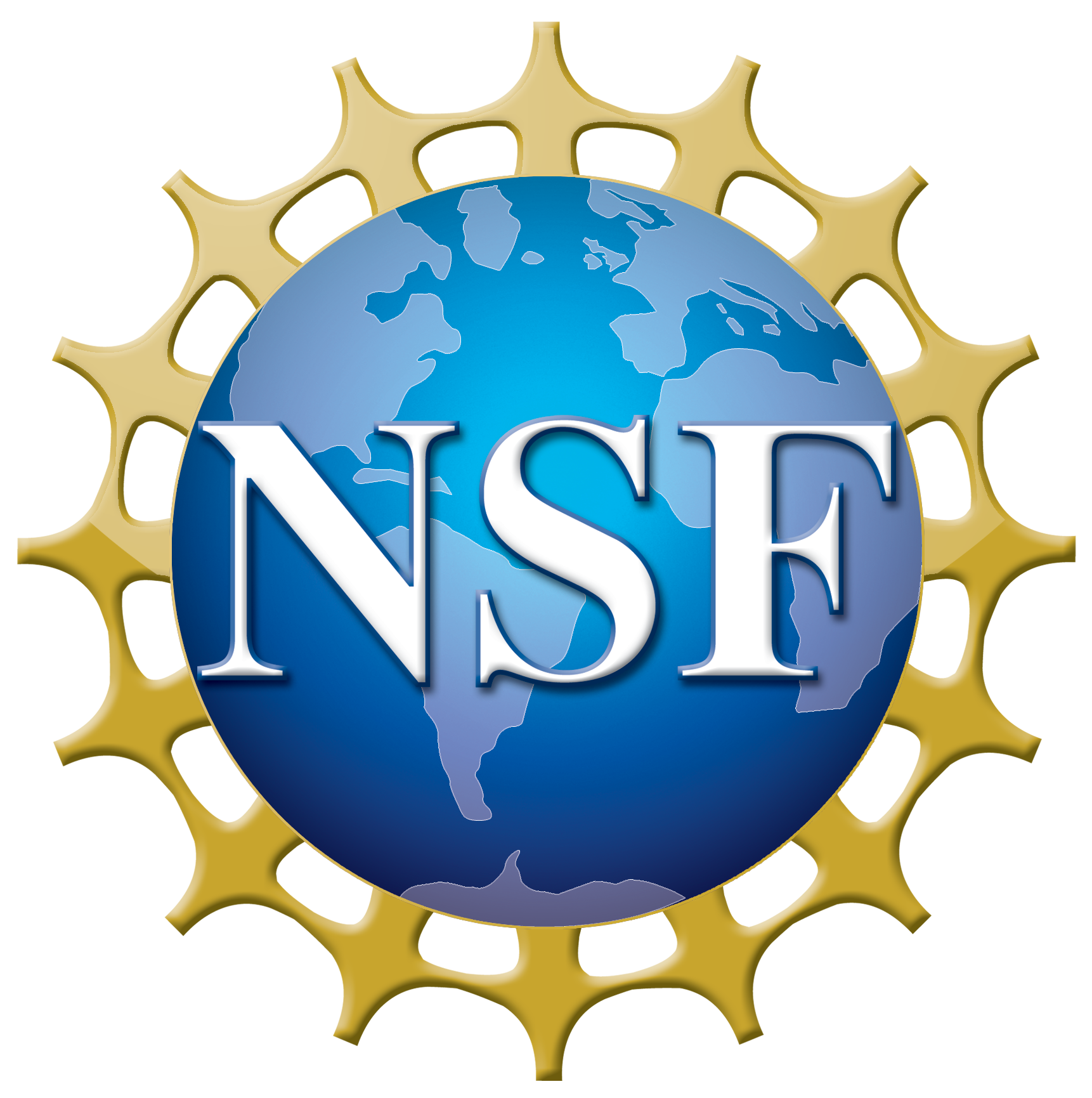Eight in the School of Physical Sciences win National Science Foundation Graduate Research Fellowship

Winning a fellowship requires students hone their grant-writing skills and, also, to tell their own personal story about how they came to do the science they propose to do.
Every year, the U.S. National Science Foundation awards about 2,000 fellowships to graduate students in the sciences. At the UCI School of Physical Sciences, eight of those fellowships went to graduates studying everything from the fabric of the Universe to the ways in which humanity can build a more sustainable future in the midst of a changing climate. Here are those scholars:
Riley Cooper, Department of Chemistry
Ph.D. student Riley Cooper is working to develop new methods that will allow for the creation of new medicinal drugs that, until now, were not possible to develop. “Realization of this work will permit access to chemical space typically avoided by medicinal chemists, and thereby enable drug discovery programs that would otherwise remain unpursued,” Cooper said.
Rakia Dhaoui, Department of Chemistry
Dhaoui, a Ph.D. student working with Professor Joe Patterson, is working to develop new pathways to improve the performance of enzymes under industrial conditions using so-called metal-organic frameworks. In addition to improving the stability of the enzymes involved, and potentially yielding greener industrial practices, the work "aims to build a link between the formation pathway and the final enzyme-metal-organic-
Leora Duong, Department of Physics & Astronomy
Duong, a Ph.D. student studying with Professor Albert Siryaporn, is “trying to identify new antimicrobial combinations that could potentially be used as antibiotics in clinical settings,” she said. “In particular, I am focusing on histones — proteins in our cells that condense our DNA. These proteins have antimicrobial properties and work in conjunction with antimicrobial peptides (AMPs), also naturally found in our bodies, to produce synergistic antimicrobial activity against bacteria. I will be focusing on finding strong antimicrobial combinations with histones and AMPs against common drug-resistant microbes like Pseudomonas and Staphylococcus bacteria, and attempt to further understand how these peptides and proteins work together to kill bacteria.”
Nicholas Duong, Department of Physics & Astronomy
Ph.D. student Nicholas Duong’s researching exoplanets — planets that exist beyond our solar system. “The main thrust of my research proposal is being able to research a planetary surface material known as cryoconite,” Duong said. “In the context of exoplanets, cryoconite is underexplored and its properties could prove to significantly affect the climate and, therefore, the habitability of these other worlds. My research is exciting because it could help narrow down exactly what kind of planets we should be looking at in our search for life in the Universe.”
Max Fieg, Department of Physics & Astronomy
Ph.D. student Max Fieg is following a UCI tradition and focusing his research on neutrinos — a particle co-discovered by former UCI physicist and Nobel laureate Fred Reines — and dark matter. “Neutrinos are well-established particles in our universe that don't interact with atoms very often; they usually pass through matter like a ghost,” Fieg said. “Dark matter is not a well-established particle, but we know it's out there; dark matter also passes through matter without interacting, like a ghost. These coincidences do not go unnoticed. My project was to study models of neutrinos, and test these models as candidates for dark matter.”
Jinhyuk Kim, Department of Earth System Science
Using satellite data, Jinhyuk Kim, who’s a Ph.D. student in the UCI Department of Earth System Science, will be measuring changes in the planet’s gravitational pull in order to measure mass changes of melting ice sheets like Antarctica. “The reason why this research is compelling is related to sea level rise, which has large impacts on low-lying coastal regions where millions of people currently live,” said Kim. “With global warming we are anticipating sea level rise to increase due to the ocean expanding due to heat and the melting of land ice. However, there is a lot of uncertainty when it comes to modeling the land ice component, which involves the melting of the ice sheets.”
Hannah Slocumb, Department of Chemistry
Ph.D. student Hannah Slocumb’s working with Professor Vy Dong to discover new kinds of molecular chemical reactions that may one day help in the development of new pharmaceutical drugs. “Many of these molecules exhibit a phenomenon called chirality, where the mirror image of the molecule is non-superimposable — similar to how our right and left hands are mirror images of each other, but can't be overlayed,” Slocumb said. “This concept can be very important in pharmaceuticals, as different ‘hands’ of a molecule can interact with our bodies differently. Thus, we often focus on developing reactions which not only have high yields but also high selectivity for a specific hand of a molecule.”
Ali Younis, Department of Chemistry
Ali Younis, a Ph.D. student working with Professor Andy Borovick, is developing proteins that can store clean energy in an attempt to mimic processes already occurring in nature. “Renewable energy scientists have had a hard time figuring out how to store clean energy long enough for people to use it; batteries don't last forever!” Younis said. “Plants, however, have clean energy storage all figured out. They convert and store energy from the sun in the form of long-lasting, high-energy chemical bonds by using microscopic biological machines called metalloproteins. My research proposes a way to design and produce artificial metalloproteins that can convert and store clean energy in the form of chemical bonds.”
Honorable Mentions
Anne-Katherine Burns, Department of Physics & Astronomy
Jordan Castro, Department of Chemistry
Thomas Cross, Department of Chemistry
Nadia Hirbawi, Department of Chemistry
Zane Long, Department of Chemistry
Justin Mulvey, Department of Chemistry
Phan Phu, Department of Chemistry
Megan Rocha, Department of Chemistry
Maya Silverman, Department of Physics & Astronomy
Katherine Townsend, Department of Chemistry
Kylie Uyeda, Department of Chemistry
Amy Wu, Department of Physics & Astronomy
Nuodi Zhang, Department of Chemistry
